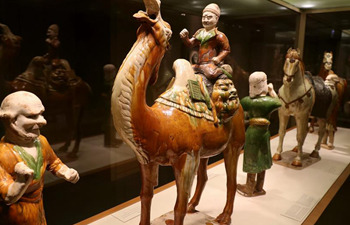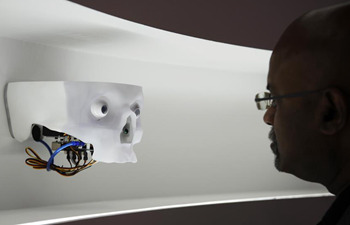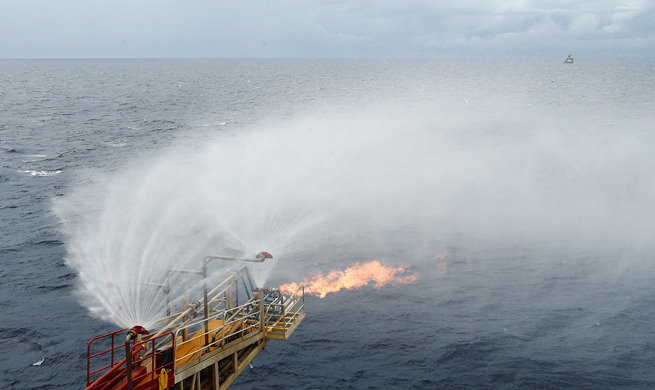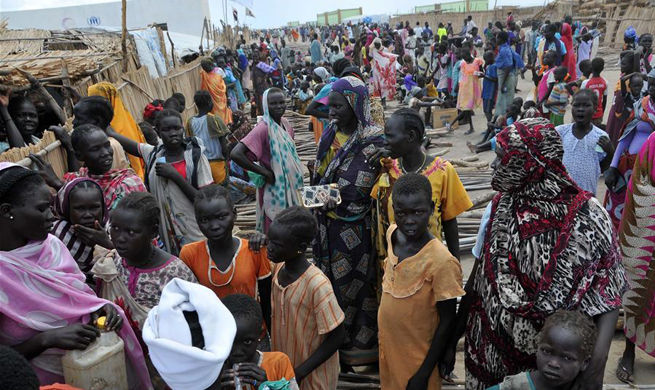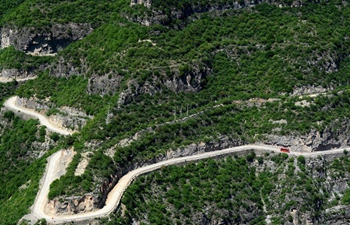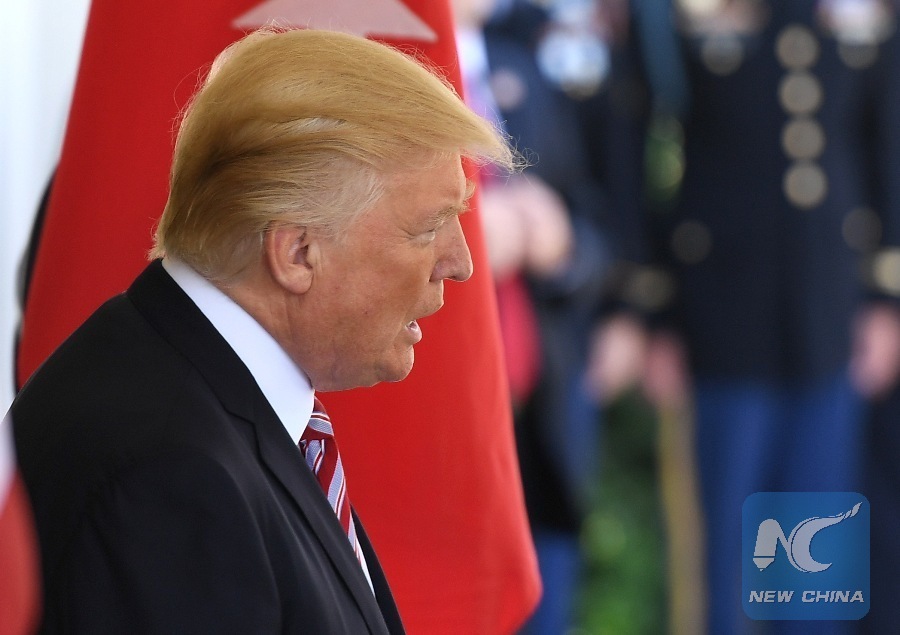
(Xinhua file photo)
by Xinhua writer Liu Chang
BEIJING, May 19 (Xinhua) -- In the name of making peace in the Middle East, Washington has in recent decades seen its strategies towards the most troubled part of the world go under one after another. Some even backfired.
On Friday, the new president in Washington is setting out on his first foreign trip, during which he will visit Saudi Arabia and Israel, two of America's traditional allies in the region.
Perhaps, the moment Trump sets foot on the sun-scorched soil in the Gulf area, he will find the problems he has inherited are equally sizzling, if not more.
In Saudi Arabia, Trump is going to deliver a speech on Islam, seeking to, according to U.S. National Security Adviser H.R. McMaster, "unite the broader Muslim world against common enemies of all civilizations and to demonstrate America's commitment to our Muslim partners."
That would easily remind people of the speech given by former U.S. President Barack Obama during his visit to Egypt in June 2009, in which he intended to reset America's relations with the Arab world. But he failed.
The top priority for Trump this time is to seek support from the Riyadh-led Gulf countries to fight the Islamic State militant group, a promise he made while campaigning for president, and to reassure Saudi Arabia's royal court that feels betrayed by the Obama administration's landmark nuclear deal reached with Iran in July 2015 and putting Tehran's nuclear program on hold for at least a decade.
Trump has been a consistent critic of the deal. He has described it as a "disaster," criticized the Iranians for not living up to the spirit of the deal and threatened to rip it apart.
The Saudis and the Israelis love to hear Trump's blistering anti-Iran rhetoric. Yet, it should be heeded that terminating the agreement would generate far more serious problems than it can solve.
If the Trump administration dismantles the deal, Iran would be set free to resurrect its nuclear program. That would further obscure the regional geo-political and security situation, and pose a serious threat to the international nuclear non-proliferation regime.
Recent signs from Washington suggest that the U.S. government has shown some prudence on this issue. Though the White House has continued to sanction Iran's missile activities, it has waived some nuclear-related sanctions under the deal, and pledged it will go on to abide by the agreements.
In Saudi Arabia, Trump is also going to announce a major weapons sales deal worth more than 100 billion U.S. dollars. Such a titanic package would no doubt unsettle Iran, motivate it to have an arms race, and harm the strategic balance in the region.
The deadlocked peace process between Israel and Palestine is also very likely to be Trump's big headache in the Middle East.
Though the U.S. leader has vowed to help push a deal between the two sides, he has yet to embrace the two-state solution that is considered so far to be the most fundamental principle that has proved vital to any possible peace deal.
Also, it remains unclear how Trump could persuade the two sides to make concessions on a number of thorny issues, including the 1967 border, the construction of settlements and the return of Palestinian refugees, that have blocked the peace process for so long.
Like all his recent predecessors who intended to reshape the region, Trump now appears to be equally ambitious. Yet, ambitions without caution in the region could mean more wars and further bloodletting, a lesson Trump needs to note in the Middle East doctrine of his own brand that is still in the making.





